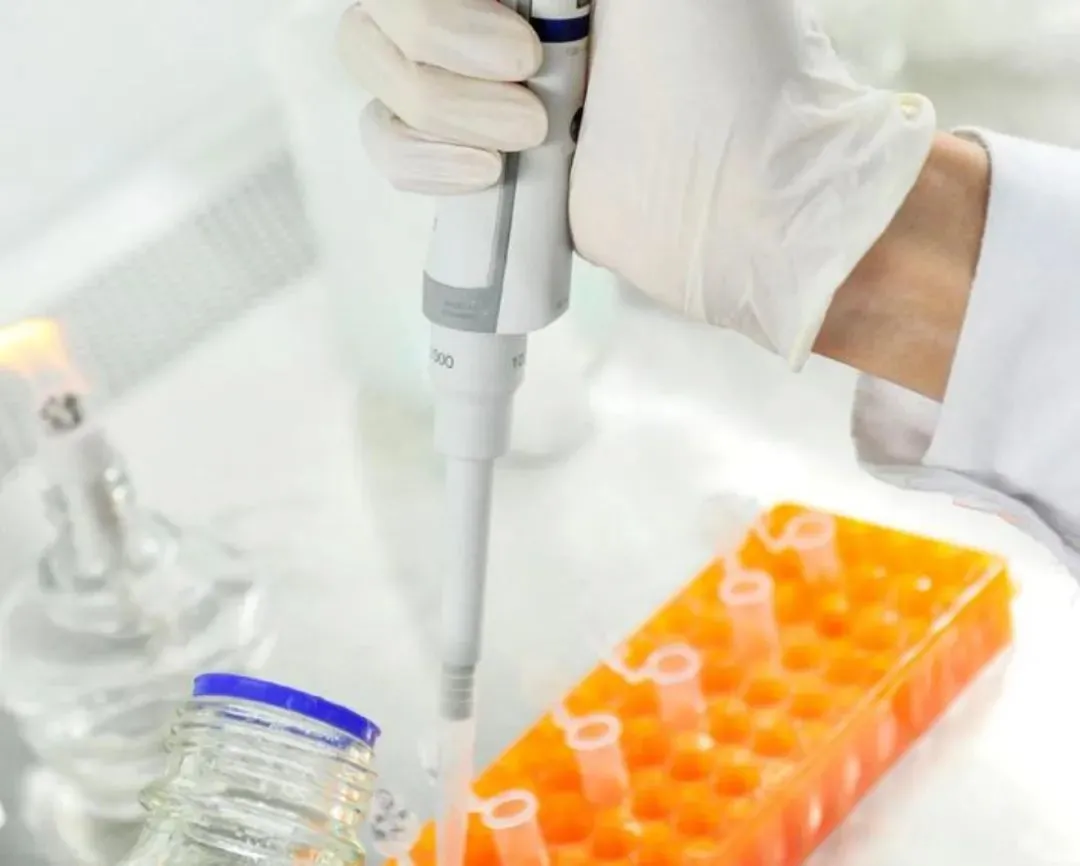President Donald Trump told a cabinet meeting yesterday that“Very high” tariffs on imported drugs would soon be announced. “Like 200 percent,” Trump said.
Details of the levy are expected by the end of the month. But Donald Trump also said the tariffs would not take effect immediately and would give companies a year to 18 months’ cushion.
Judging by the performance of the capital markets, pharmaceutical companies have shrugged off Donald Trump’s comments. Shares of pharmaceutical giants Eli Lilly, Novartis and astrazeneca all rose more than 1 percent on July 9.

Donald Trump’s comments are the latest since the Donald Trump administration launched a section 232 investigation into drug-specific tariffs in April. Donald Trump said the tariffs would provide an incentive for pharmaceutical companies to move production to the US. But the White House has said it could take five to 10 years for new drug production facilities in the US to become operational.
Tariffs on imported drugs could sharply raise prices in the United States. Many pharmaceutical companies have objected and warned that the tax could drive up costs, discourage investment in the US, disrupt the drug supply chain and put patients at risk.
Pfizer CEO Albert Bourla has previously said tariff threats are hampering Pfizer’s further U. S. R & D and manufacturing investments. Lilly CEO Dave Ricks also said he didn’t think tariffs would address“National security” concerns surrounding the U. S. Drug Supply Chain.
Take Merck & Co. ‘s Blockbuster Cancer Drug Keytruda, now the world’s top-selling prescription drug, mostly made in Ireland. Merck has said it is shifting enough inventory to the US to secure supplies at least until the end of the year.
A healthcare investor told China business news that many of the US pharmaceutical giants’ production lines are built outside the US, for example, the value of drugs produced in the country at its peak was close to 100 billion euros a year. Pharmaceutical Giants such as Pfizer, Eli Lilly, abbvie and Gilead all have plants in the country, much of it is exported to the American market.
“If the US imposes a 200 per cent tax on imported drugs, the impact on the global pharmaceutical industry would be huge,” he said. “It would be very difficult for companies to adjust their strategy within a year.” Most drug companies say they will not make major business strategy changes in response to the Donald Trump administration’s shifting tariffs.
The United States imports more than $200 billion worth of medicines 2023,73% of which come from Europe, mainly Ireland, Germany and Switzerland, according to an analysis by Yasunaga, a consultancy.
The Donald Trump administration launched a so-called section 232 investigation into drug imports and issued an executive order requiring the FDA to increase oversight of overseas manufacturing facilities.
The US pharmaceutical industry has shrunk dramatically in recent decades. Much of the production of so-called active ingredients has been moved to China and other countries, the FDA said, largely because of lower labor and other manufacturing costs. For example, established generic drugs, including antibiotics and vasopressors, are largely no longer made in the United States. About 90 percent of prescription drugs in the United States are these basic drugs, the data show.
Although these medicines are cheap, they are not easy to produce. Industry insiders say tariffs on generics with much lower margins than branded drugs could force some generics companies out of the US market altogether, leading to or exacerbating shortages of some generics in the US, for example, sterile injections commonly used in hospitals.